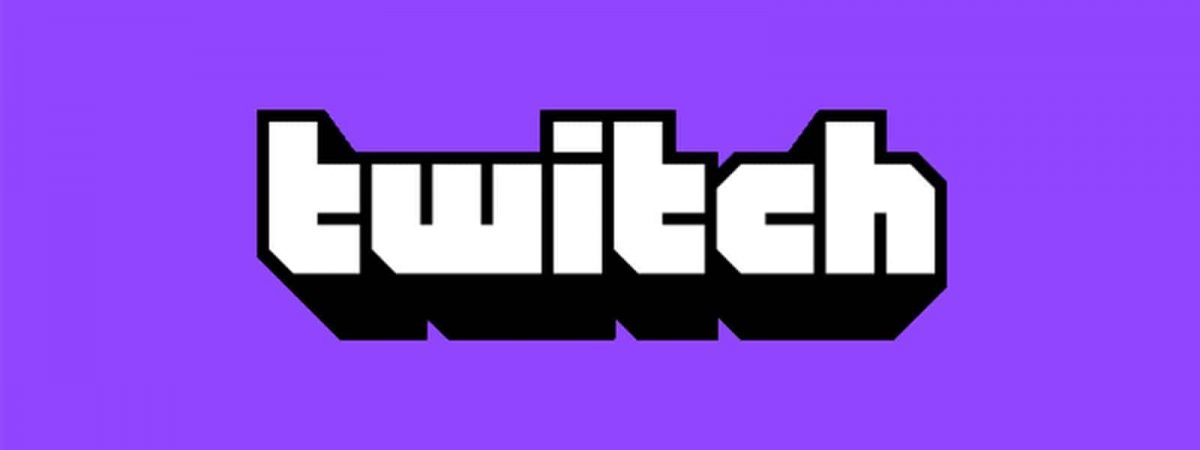It’s officially tax season. This may seem intimidating, especially for those working part-time or full-time in the gaming industry.
If you’re a dedicated Twitch streamer, filing a tax return this year may seem daunting. Keep in mind that any money you’ve made from Twitch, YouTube Gaming or any other content creation platform has to be reported to the Internal Revenue Service (IRS). However, you may still be wondering what types of business expenses you can claim if you’re a professional gamer.
Below is more information about gaming write-offs and what you can do during this tax season if you’re a Twitch streamer.
Differentiating Between a Gaming Hobby and Career
Because the gaming industry has taken off in recent years, it may be confusing to some whether it’s considered a hobby or a full-fledged career. Thankfully, the IRS has a list of qualifications that can help you determine if your gaming is a career.
Here are the qualifications, according to the IRS:
- You’re technically running a business if you depend on your streaming income to live or pay bills.
- Suppose you manage your Twitch channel in a business-like manner and track your expenses, records and books. In that case, it’s considered a business, not a hobby.
- Putting time and energy into your streaming to make it profitable makes it a business.
- If you experience financial losses, whether out of your control or normal for streaming, your streaming is considered a business.
- Changing the way you stream or upgrading your streaming features to become more profitable qualifies it as a business.
The IRS will also take the following factors into account:
- How much income you earn year over year
- Whether you’ve made a profit from streaming in past years
- The probability of you earning money from streaming in the future
There’s no denying that more and more people are working from home, which comes with its own set of tax implications that must be considered.
Unfortunately, if you’ve determined that your Twitch streaming is a hobby, you cannot take any deductions. You won’t be able to reduce income from streaming by any expenses.
Deductible Expenses for Streamers
According to the IRS, a business expense must be ordinary and necessary. Ordinary expenses are common and accepted in your specific trade or business, which would be the gaming industry. Necessary expenses are considered helpful and appropriate for your business.
Below are some examples of what you can deduct from your taxes if you’re a streamer.
Equipment and Furniture
Many streamers will pay a pretty penny for the latest streaming equipment and furniture for their setup. Some equipment that can be written off as expenses include PCs, PC upgrades or parts, monitors, cameras, keyboards, mouses, microphones and mic stands, controllers, desks and chairs.
App and Software Subscriptions
There are many apps and software streamers use to operate. For example, Discord Nitro, Adobe, Microsoft Office and malware protection are business expenses that you can write off. As long as you use these tools to support your streaming-related business, you can generally write it off.
Contracted Work
Anyone who helps with your streaming business, whether graphic designers, CPAs, moderators or lawyers, can be considered business expenses. Be sure to keep track and document when you pay someone for outsourced work. Additionally, if you pay someone more than $600 for work in one year, you may need to issue them a 1099 form.
Games and In-Game Purchases
You can only write off games you play while streaming or intend to play while streaming. Leisure games would not be considered a deductible expense. Also, consider how some games have in-store purchases, such as battle passes.
These battle passes are deductible because they unlock the game’s full potential and provide for a better streaming experience. Suppose you buy the latest Fortnite battle pass and create a video based on those new levels. In that case, purchasing the battle pass is considered ordinary and necessary.
Stream Backdrop
Many streamers will create interesting backdrops to give the space behind them some character with the hopes of drawing in new audiences. Whether you use LED lights, a custom flag with your Twitch username or other wall decor, these can all be considered business expenses. Keep in mind a general rule of thumb: anything you purchased strictly for streaming on Twitch and can be seen by audiences while you’re live can be deducted from your taxes.
Giveaways
Ensure you’re complying with tax guidelines when offering giveaways to your Twitch subscribers. When you limit who can receive a giveaway, you’re creating a sound argument that it was done to drive business and grow your Twitch channel. If you choose to open up giveaways to anyone, you could be subject to an audit from the IRS.
Streaming Room
Last but not least, if you have a dedicated room in your residence that you use strictly for streaming or content creation, you can deduct a portion of this on your tax return. To do this, you’ll need to fill out Form 8829, titled “Expense for Business Use of Your Home.” Keep in mind that if you’re not paying rent or the costs of the home, you won’t be able to claim this deduction. For example, if you’re living at home with your parents rent-free, you would not qualify.
Hopefully, you feel a bit more confident about what types of items associated with your streaming business can be deducted from your taxes.
Claim Gaming Write-Offs in 2022
As a general rule, if you’re a streamer on Twitch or another online platform, you’re a self-employed individual who will be taxed on your overall net income. A simple calculation of your streaming/content creation revenue minus your expenses would help clarify what income you’ll pay taxes on.
Remember that all of the information above is simply guidance and should not be considered professional advice. If you need professional advice, there are plenty of online resources and tax professionals who can help you navigate paying your taxes this year.




